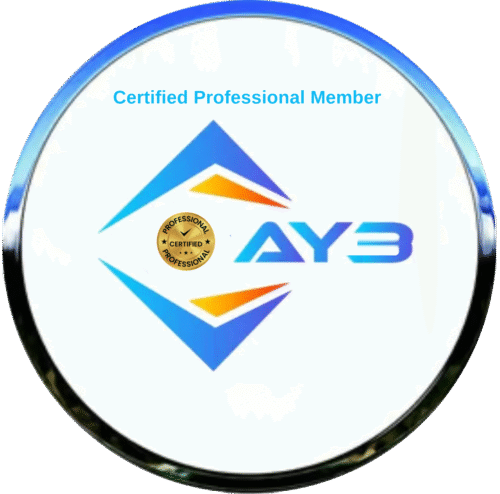
Insights into successful partnerships in the marine leisure industry.
1. Have Leverage
You need to bring something valuable to the table—typically, an audience that is relevant to the business you want to collaborate with.
For example, if you’re looking to partner with a yacht brokerage that sells high-end yachts, their audience is likely older, affluent individuals. You can’t pitch them if your audience consists of young cruisers living on a budget. The alignment has to make sense.
If you haven’t built an audience through consistent effort, securing a meaningful partnership will be incredibly difficult—let alone getting anyone to take you seriously. This is a common issue with startups. They come in with a great idea, but at the core of their pitch is essentially, “Give me access to your audience.” The marine industry is already stretched thin, and no one bites on those kinds of proposals because the value exchange is entirely one-sided.
2. Don’t Just Pitch Your Idea
I’ve had people reach out for partnerships, but their approach was essentially reciting their pitch deck without ever explaining how they would bring value to my business. That’s a deal-breaker.
If you can’t clearly explain how your proposal benefits the other company, it’s better not to reach out at all. You only get a few shots at partnering with a company, and once you’ve made the rounds, you often have to wait years before you get another opportunity.
3. No Company Owns the Market
There is no single organization in this industry that controls the entire market. You’ll see companies highlighting their numbers on LinkedIn, boasting about their impact on the industry and consumers. But when you look deeper, their actual reach is often much smaller than they claim.
No partnership is a silver bullet. There’s no single organization where, if you secure a partnership, your entire business transforms overnight. At the end of the day, you still have to build your own foundation. Partnerships can help, but they aren’t a shortcut to success.
4. The Industry Is a Club
The boating industry is a tough, insular space—not for the faint of heart. If you aim high, expect pushback. A handful of companies dominate the space, either because they’ve been around forever or because they have a solid product. But that doesn’t necessarily mean they’re run by smart businesspeople.
At the top, companies know each other, give each other awards, inflate their own influence, and generally don’t care about outsiders. It’s just how it is. Sometimes, I’m asked to reach out to these companies again, and my reaction is, “It’s not worth my time.” The sooner you realize that the industry operates like an exclusive club—often in ways that don’t even make business sense—the better off you’ll be.
The key? Expand your horizons. If certain doors won’t open, find others.
5. Behind the Logos and Companies Are People
At the end of the day, behind every logo, every company, and every “big name” are real people—people with stress, coffee addictions, and the same worries about where the next dollar is coming from.
Treat them like actual humans. This is just as true for partnerships as it is for customers (though that’s another conversation). You can’t automate this. No mass email will replace a genuine connection. If you want to build meaningful partnerships, you need to personally reach out, show you care, and make it clear why you want to have a conversation.
Final Thoughts
Partnerships can be powerful, but only if they’re built on mutual benefit, real connections, and a strong foundation. If you don’t have leverage, can’t articulate your value, or are trying to break into an exclusive circle, you’ll struggle. But if you understand the landscape, build relationships the right way, and stay persistent, partnerships can open doors you never expected.
